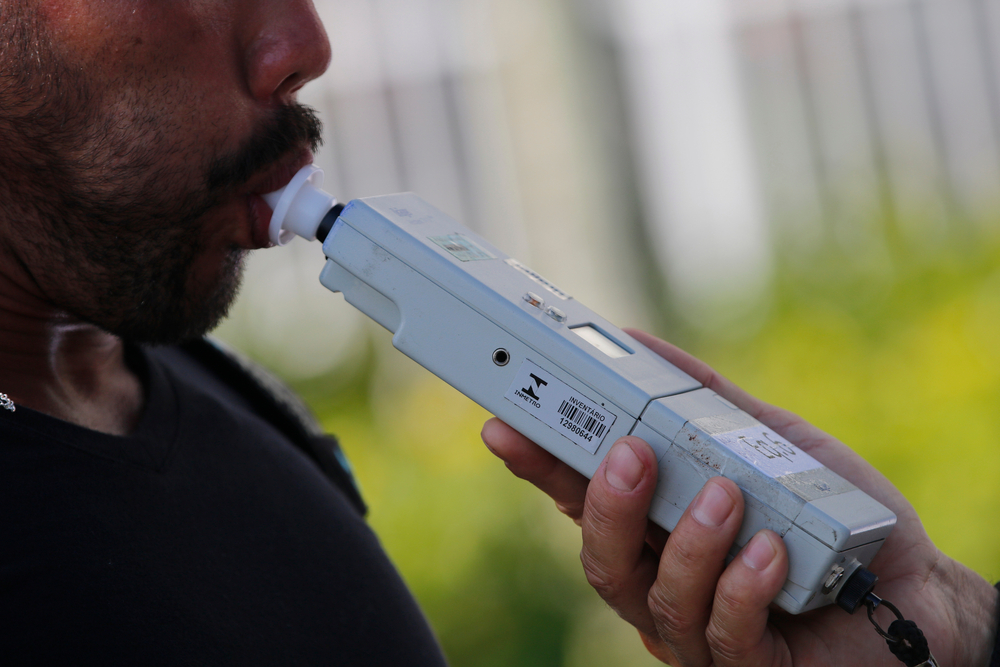Both diplomats were fined and escorted to the Russian Embassy.
Others are reading now
Diplomatic immunity and local law enforcement collided in Buenos Aires over the holiday weekend, creating tension between Argentina and Russia.
The controversy began when two Russian diplomats refused a routine breathalyzer test during a traffic stop in the upscale Recoleta neighborhood.
The fallout has sparked a sharp exchange between the two nations, each citing international law to justify their stance, according to Digi24.
Also read
Refused the Officers Orders
The incident occurred on Christmas Day when Sergei Baldin, a trade representative for the Russian Embassy, and Cardmath Salomatin, co-director of the Russian House in Buenos Aires, were stopped at a routine traffic checkpoint.
Baldin, the first to encounter the authorities, declined to take the breathalyzer test and refused to present his vehicle’s documentation.
“He simply rolled up his window and stayed inside,” a traffic officer said.
Both diplomats were fined and escorted to the Russian Embassy. Russia quickly condemned the actions as a “serious violation of international law” and submitted a formal complaint to Argentina’s Ministry of Foreign Affairs.
The Russian Embassy cited the Vienna Convention, arguing that diplomatic vehicles are exempt from searches and that diplomatic personnel must be protected from interference.
Argentine officials, however, pointed to Article 41 of the same convention, which states that diplomats must respect local laws.
The Ministry of Security emphasized that traffic laws are essential for public safety and that compliance is expected from all individuals, regardless of their status.
The disagreement underscores differing interpretations of diplomatic immunity.
While the Vienna Convention prevents the arrest or prosecution of diplomats, it allows host countries to declare violators persona non grata.
Argentine officials have ruled out expelling the diplomats, deeming such a response disproportionate.
The incident has also triggered political debate within Argentina.
Opposition lawmaker Marcela Pagano filed a complaint against Buenos Aires traffic authorities, alleging the operation might have been orchestrated to harm Argentina’s relationship with Russia.
Pagano suggested the issue stemmed from poor oversight of international norms by local officials.


